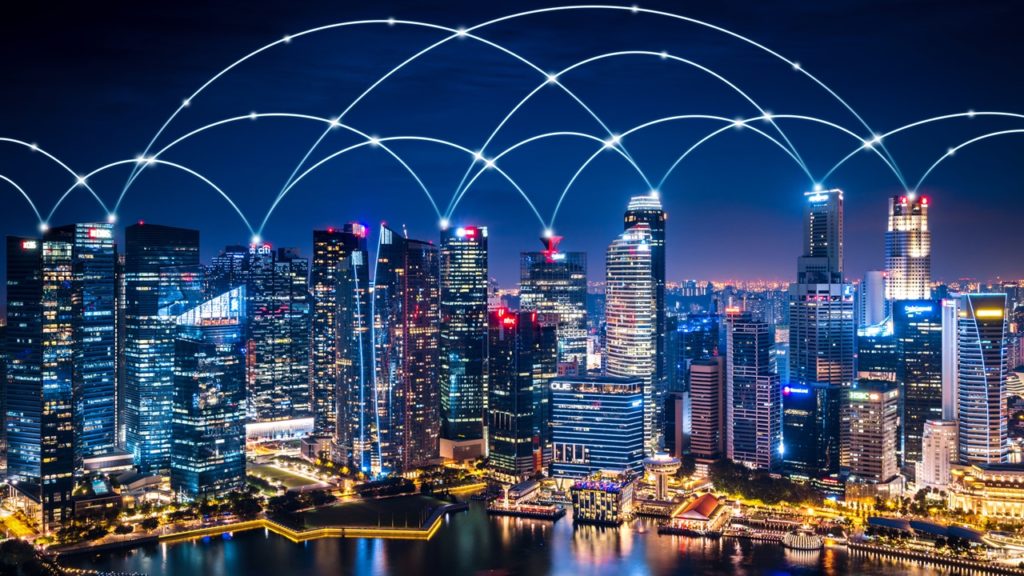Speaking recently at the 27th World Economic Forum on ASEAN (Association of Southeast Asian Nations) in Hanoi, Vietnam on 12 September 2018, Prime Minister (PM) Lee Hsien Loong gave insights into how economic collaboration can help countries in Southeast Asia grasp new opportunities brought by the technology-driven Fourth Industrial Revolution.
Here are some of the biggest takeaways.
Opportunities Aplenty
Come 2030, Southeast Asia is expected to grow to become the fourth-largest economy in the world, after the United States, China and the European Union.
“We have a young and educated workforce. 60% of our population is under 35 years old. They are comfortable with new technology and the digital economy in ASEAN is projected to grow to reach US$200 billion by 2025,” said PM Lee.

Integration is Key
Integration, though, is central to tapping the potential of the region.
“This is an important condition for the Fourth Industrial Revolution, because it is about building networks, creating new synergies and staying connected… It is [also] important to involve the businesses because the private sector, especially the small and medium enterprises, is the backbone of our economies and source of entrepreneurship.”
Resilience and Innovation
Progressively working towards the future, PM Lee shared just how Singapore is working with ASEAN colleagues to develop initiatives under the theme of resilience and innovation, where technology is used to benefit businesses and people.
Examples shared include streamlined e-commerce regulations so business can market and sell their products easily within ASEAN. This also includes a single online platform ASEAN Single Window to expedite cross-border customs cargo clearance and cut transaction costs.
He also talked about an ASEAN Smart Cities Network, comprising 26 pilot cities including Hanoi. It is a network that provides a platform for cities to cooperate and to share experiences. The network is also working with external partners as well as the private sector.
PM Lee shared his hope for building an Asian Industry 4.0 community where manufacturers, technology providers and innovators can share their latest ideas and technologies. An example of this is through hosting the Industrial Transformation Asia Pacific, the inaugural Asian edition of the world’s largest industrial trade show, Hannover Messe. He hoped that this will help upgrade the manufacturing sector, which is a key pillar of many ASEAN economies, including Singapore’s.

